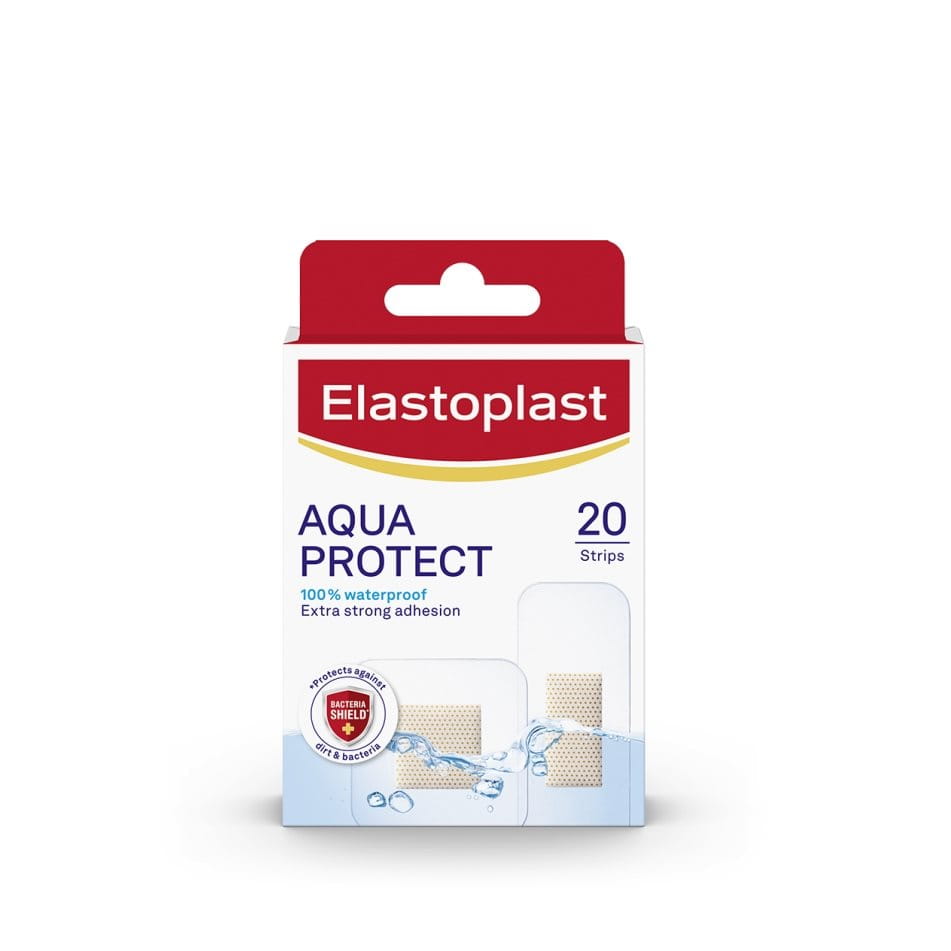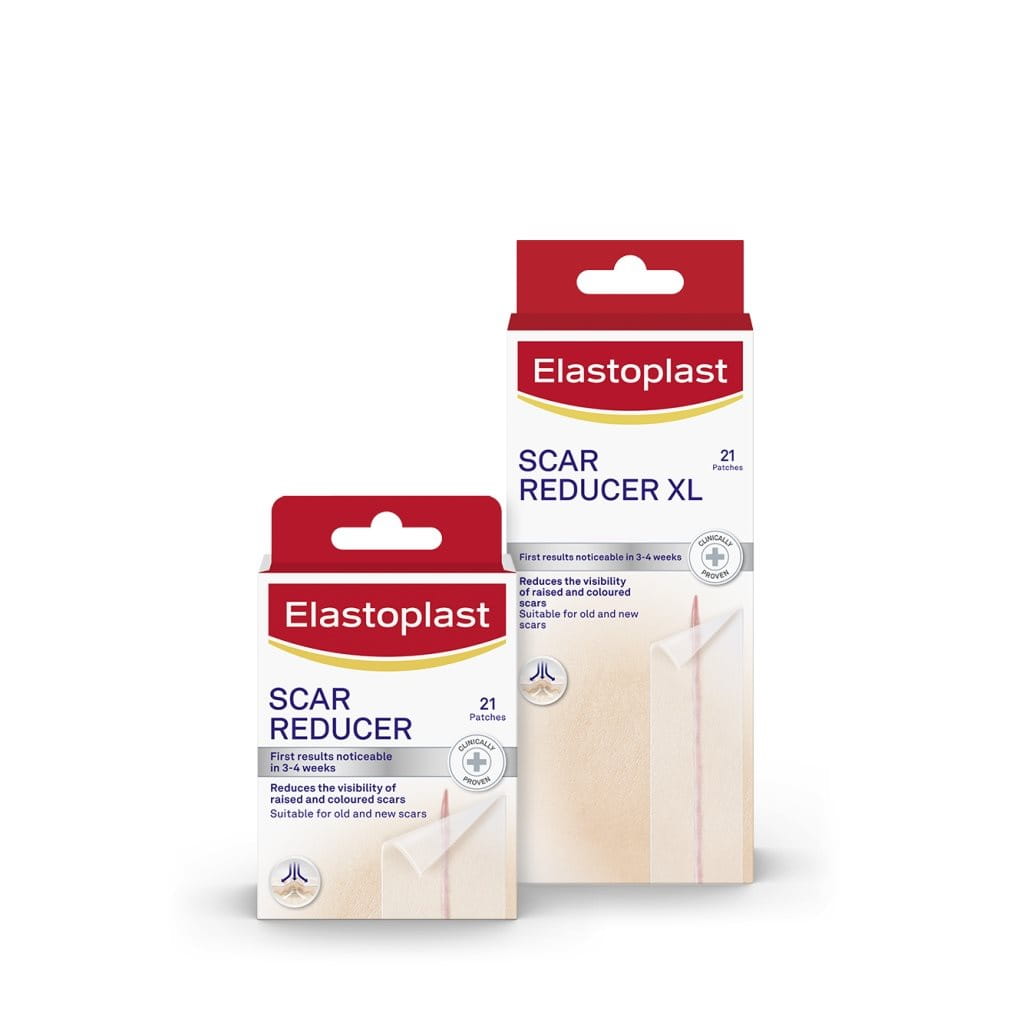To reduce our carbon footprint, we decrease the direct CO₂e emissions at our production sites, as well as indirect emissions generated in connection with the ingredients and packaging materials for our plasters. This way, we at Beiersdorf and as the Elastoplast brand want to make our contribution to combating global warming by reducing carbon emissions.
This is just the beginning: sustainable plasters from Elastoplast
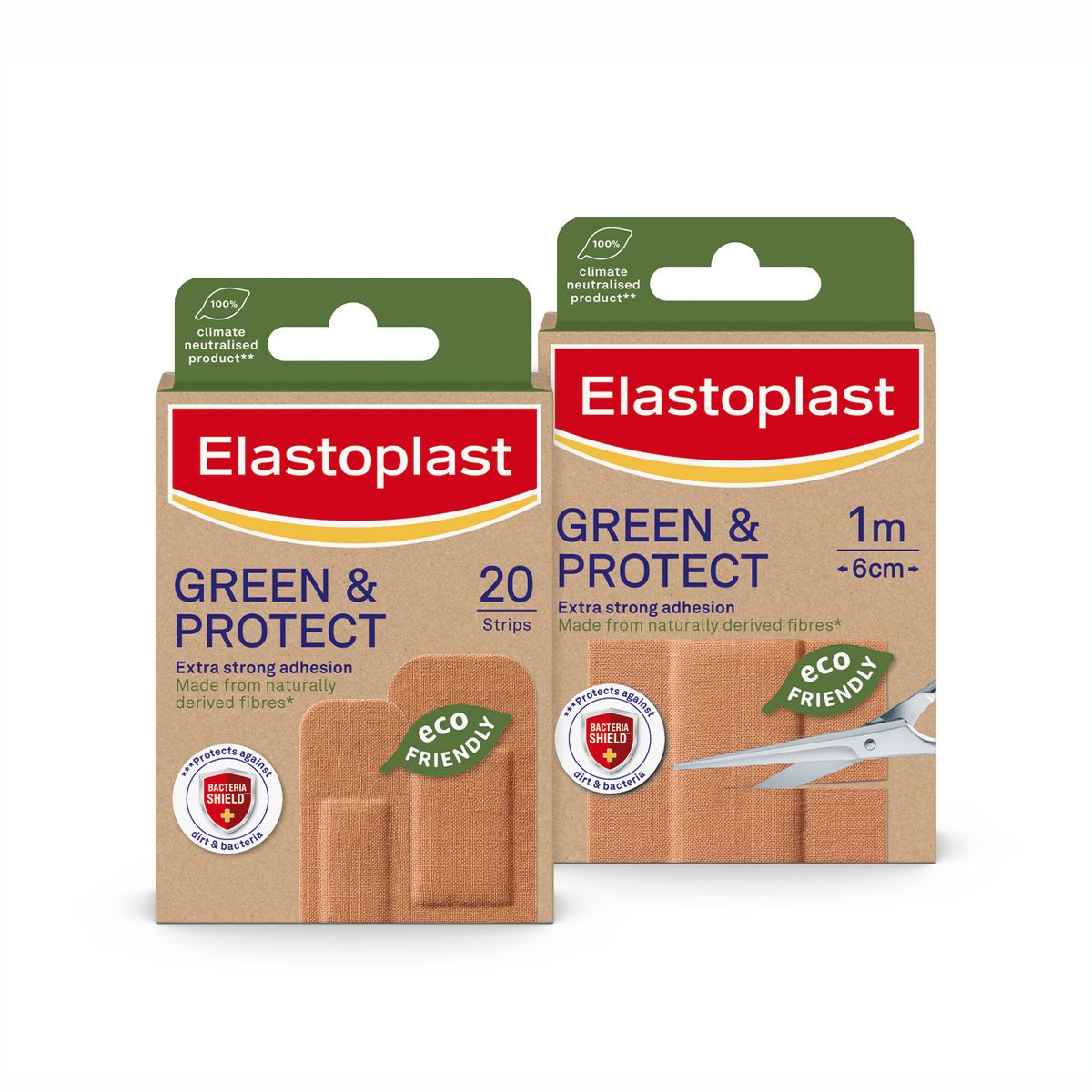
In 2022, we added two new products to our range, taking the first steps towards an ecological plaster and the further support of climate care: GREEN & PROTECT 20 Strips and GREEN & PROTECT 1m x 6cm. For these products, we have strived to find more sustainable alternatives for key components of our plasters in order to reduce the carbon footprint of the plasters to a minimum.
- The wound dressing and the backing material are made from naturally derived fibres.
- The natural fibres are produced in a process that uses fewer resources than cotton, for example, and come from FSC®-certified forests (Beiersdorf FSC® licence number: FSC® N003710).
- The folding box used is unbleached and made of 93% recycled waste paper.
- The electricity used in the production process of the patches is 100% generated from renewable sources.
We go the extra mile and balance remaining emissions
Every component and every packaging material, no matter how environmentally friendly, has a carbon footprint. And even though the use of the most modern and environmentally friendly materials has reduced carbon emissions to a minimum in our sustainable plasters, unavoidable emissions still remain.
However, we are not discouraged by this and have also found a solution: For our plasters in the GREEN & PROTECT series, we balance all remaining emissions. To ensure the greatest possible transparency, all balanced emissions are recorded by an independent organisation and can be viewed here: Verified Carbon Standard – Verra
Only products that have been sustainably optimised are selected for neutralising of the remaining emissions. These plasters are considered climate neutralised, setting new standards for sustainable products at Elastoplast.
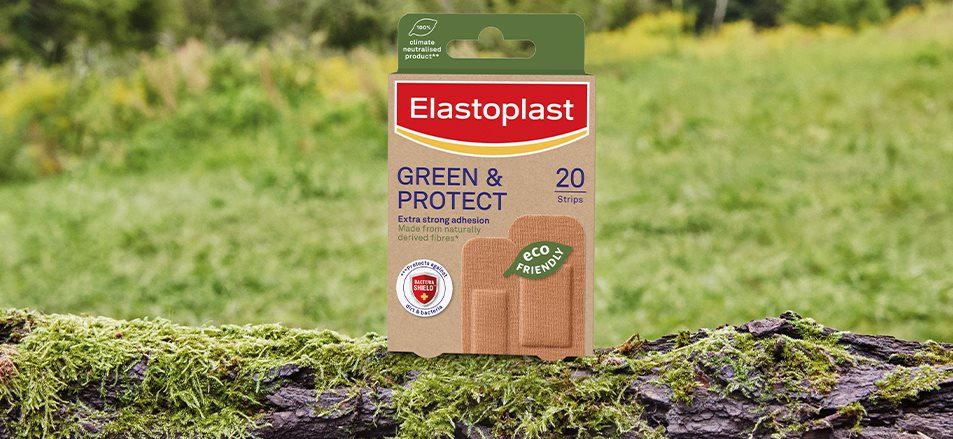
Full transparency: climate neutralised or climate-neutral products?
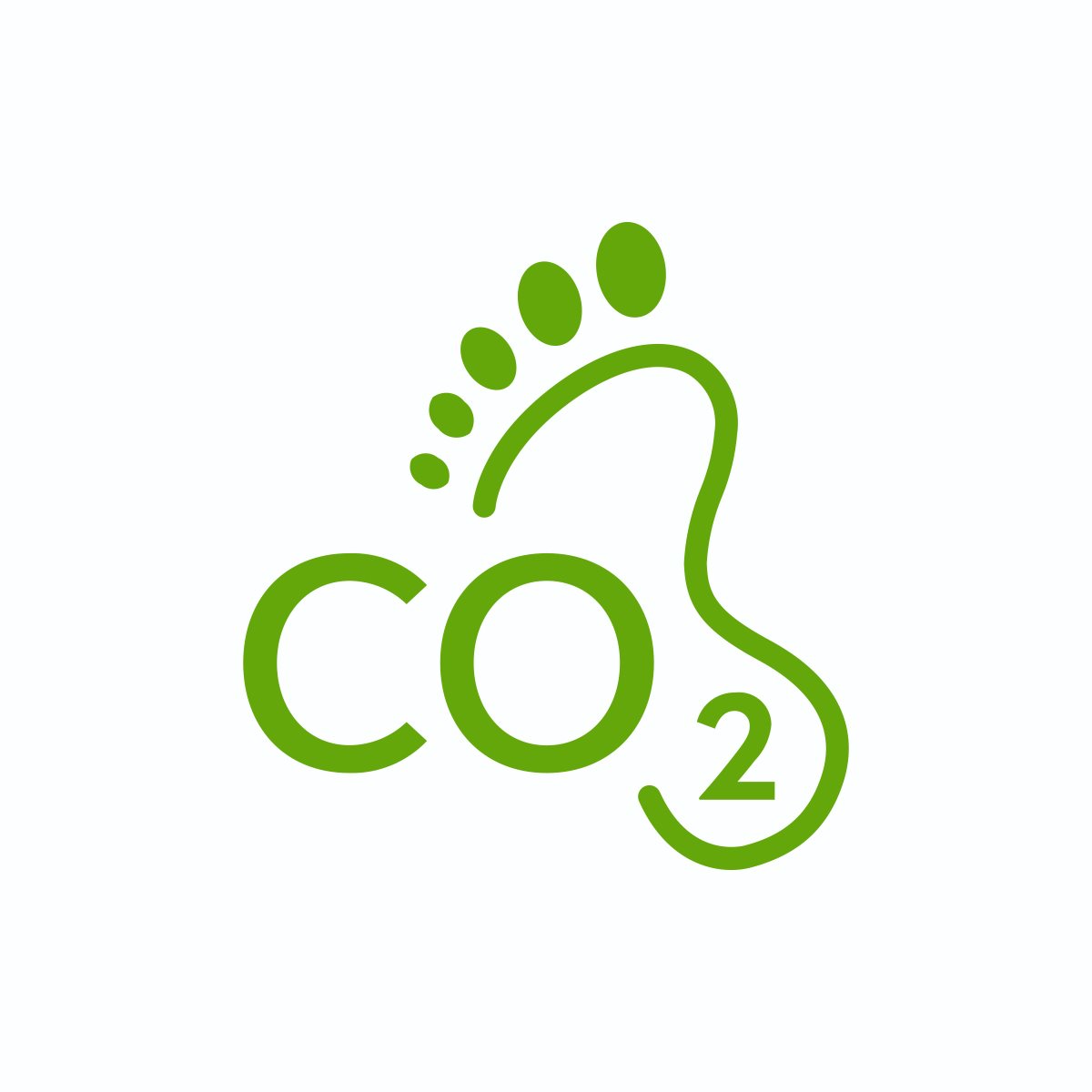
What does climate neutralised actually mean – and why don't we talk about climate neutral products? Climate neutralisation means that the remaining emissions of a product are balanced by certified climate projects such as the planting of new trees or even entire forests. On the other hand, it does not mean that no emissions are produced during manufacturing.
Just as we place the very highest demands on the quality of our plasters, transparent communication is just as important to us. That is why we refer to our GREEN & PROTECT plaster as climate neutralised* and not climate neutral. The crucial difference for us is that with a climate neutralised product, it can be assumed that there were emissions beforehand that were balanced. Climate neutral, on the other hand, can give the impression that the product is completely free of carbon emissions.
To find out more about how we communicate climate care and sustainability at Elastoplast, please see our FAQs.
*Compensation of remaining CO₂e emissions through certified climate projects.
Certified climate projects
Our parent company Beiersdorf works with selected organisations as part of certified climate care projects to neutralise the emissions generated. All climate care projects selected by Beiersdorf meet the highest standards and are certified by independent bodies.
To neutralise the remaining emissions from our sustainable GREEN & PROTECT plasters, we selected a project located in the Chinese province of Guizhou. The project covers a total of 23,700 hectares of former wasteland. Primarily native species such as Masson pine, fir, cypress and Pinus Yunnanensis are planted, which naturally blend in with the local flora and fauna. The afforestation activities are carried out in cooperation with the local village committees.
Learn more about our climate protection project in Guizhou here: China Reforestation in Guizhou | First Climate AG
The goal of this climate care project is to mitigate the effects of climate change by sequestering atmospheric CO₂, thus contributing to local sustainable development, preserving the environment and biodiversity, and improving soil quality. All reforestation projects are carried out in cooperation and with the full consent of the local committee and residents.
For more information on climate care and the reduction of our carbon footprint at Elastoplast, please click here.
